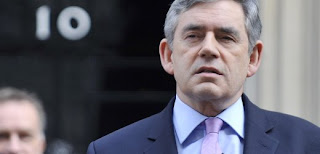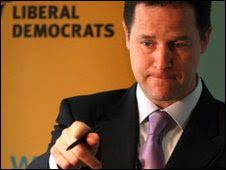
Financial news are not always easy to understand but they hold crucial information that will help you understand economical development and many different facets of the globalizing world. In other words: Financial news are essential.
From week to week I enjoyed more and more reading financial news because the class had awoken my interest in comparing the different sources. I also got interested in many different stories in the financial world. Therefore it was getting more difficult for me to decide on the topic I am going to write about.
Before I thought news are always objective but this changed quickly after the first weeks. I learned that news differ enormous depending on the country and more important on political influence. I took the decision to write about a variety of topics because I wanted to get involved into different issues and learn from them. Therefore I was looking deeper inside the financial media, its sources and the provocative style/language of the source. Secondly I wanted to see if I can write a blog about a topic I have never analyzed before.
Writing the blog was at the beginning relatively challenging. Comparing the different sources from Germany, UK, USA and other countries broadened my horizon and I felt a strong development from week to week in terms of analytical skills. I learned how news are structured and how the different newspapers try to stick to ones principles. During the time of the UK Election 2010 the news were really interesting in terms of political statements and how the different newspapers deal with daily news and try to influence the reader.
One of the most important outcomes for me is that you should not believe any news without questioning it and researching about it.
Also interesting was the different political approach in the UK news in comparison to the German news, especially during the “Greek crisis” in the last weeks. There were huge differences between the news in the different countries. I tried always to present the most important facts and from week 3 onwards I tried to change my writing style into a more pleasant style. As I looked through my blogs today I saw the improvement of style, language and approach to the reader. At this stage I felt proud because I had achieved something that would help me in future.
I also want to point out that I really enjoyed the presentations of the blogs in front of the class. Presentation skills are nowadays very important and you cannot practice it enough. This activity enriched the class for me additionally. The class prepared me with analytical skills and gave me enough political information to analyze the different sources in the financial world. “Learning by doing” helped me feeling more and more comfortable in analyzing the different news critically.
Overall I had the chance to work on my analytical skills and the blog helped me developing basic skills further.
Helena, I want to thank you for the interesting time and wish you all the best for your future.









